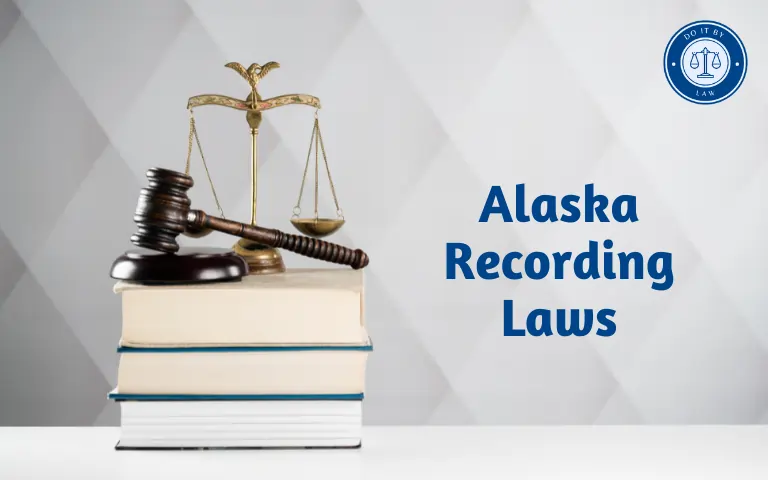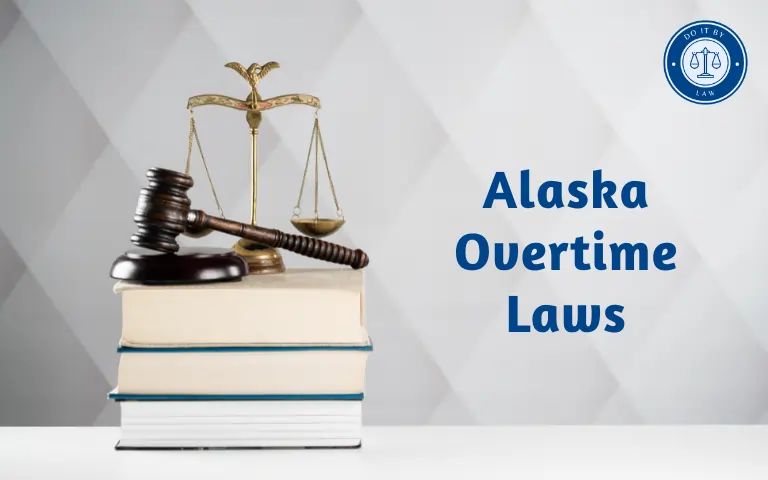Alaska Knife Laws: What You Need To Know
Alaska State imposes virtually no limits on legal ownership, carry, or use of knives for state residents. Understanding core Alaska Knife Laws helps avoid rare issues during travel beyond Alaska with blades. This overview summarizes key statutes.
When Did Alaska Enact Current Knife Laws and Why?
Alaska first regulated knife sales and concealed carry during the early 20th century territory days. But since statehood in 1959, Alaska repealed all knife bans respecting strong outdoor heritage. Lawmakers saw no compelling safety justifications restricting ownership or everyday transport given legal firearms allowances.
As other states adopt knife preemptions preventing excessive local limits, Alaska remains one of the few states never restricting knife rights. Provisions aim to curb rare criminal misuse.
Who Do Alaska Knife Laws Apply To?
Alaska knife statutes apply to all residing or traveling within state boundaries without exemptions, including:
- Residents: No restrictions exist on owning, making, carrying, or using knives. Concealed transport requires no permits nor are state sales regulated.
- Visitors & Tourists: Non-residents enjoy identical legal knife privileges as citizens when entering Alaska. No blades must be surrendered nor carry methods altered to comply with foreign laws.
So unlike many regions, all may freely possess knives in Alaska subject only to standard criminal statutes against threats, violence, or other unlawful activities.
What Are Core Provisions Within Alaska Knife Laws?
With no state knife bans imposed, key legal provisions include:
- No banned knives, sizes, designs, or blade materials specified in the law
- Concealed & open carry allowed without permits required
- No age limits for ownership; sales to minors remain at the retailer’s discretion
- No blade registration needs nor background checks on sales
- Legal transport extends to vehicles, boats, aircraft, and all public areas
Outside explicit knife regulations, general assault, disturbance, and related charges cover criminal misuse. Otherwise, knives remain unrestricted securing survival resources and recreation crucial in remote regions.
What Penalties Exist for Alaska Knife Violations?
With knives legal for owners carrying responsibly, rare charges mostly address:
- Employing knives in threats or assaults may incur assault, robbery, or other appropriate charges per standard criminal statutes. Certain attacks may qualify as using deadly weapons triggering stricter sentences.
- Carrying concealed knives into Federal facilities like courts/secured airports risks Federal charges. Some jails also prohibit inmate possession.
But Alaska otherwise imposes no specific state knife offenses for sizes, designs, or carry methods. Responsible transport and use remain accepted protecting heritage.
Have There Been Recent Changes to Alaska Knife Laws?
Alaska’s non-restrictive knife policies have remained intact for decades. Efforts by other states to tighten blade bans have also failed gaining traction in Alaska’s independent culture valuing pragmatic cutlery.
Previously proposed bills sought to ban youth sales or to extend concealed carry permitting requirements to blades. Legal challenges argue such limits offer negligible public benefit while impeding residents from relying on diverse edged tools.
With Alaska knife laws already confined to prohibiting criminal misuses rather than ownership, efforts to install blanket knife restrictions continue facing skeptical reception in the last frontier state.
What Knife Law Controversies Exist in Alaska?
Despite progressive policies, debate continues around:
- Airport security rules forcing travelers to surrender knives contradicting state allowances
- Occasional injuries are used as arguments to ban youth ownership or public carry
- Sporadic petitions seeking bans on larger fixed blades or exotic dagger designs
- Whether Alaska’s loose statutes enable criminal elements from regions with tighter knife laws
But proposals to restrict knife freedoms remain politically unpopular given Alaska’s deep outdoor traditions. Broader weapons debates also dominate legislative priorities around gun rights.
In Summary
Alaska remains America’s most permissive knife law state respecting owner freedoms for all designs and purposes. Responsible use statutes aim to curb assaults without restricting ownership or carry rights crucial for self-reliance in remote regions.







